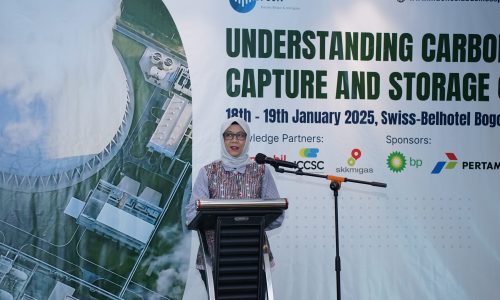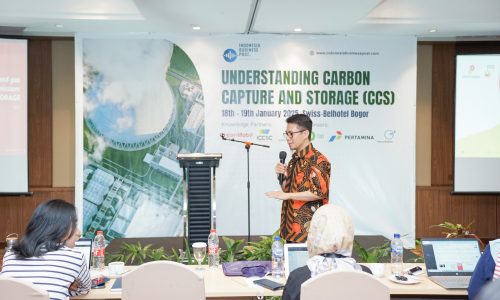Labour party and workers union plan to stage a nationwide strike to protest against the recent enactment of government regulation in lieu of a law on job creation into law by the House of Representatives. Chairman of the Labour party Said Iqbal said that 5 million workers in 100 thousand factories under the coordination of the Labour Party will stage a massive strike and will also invite port workers, truck drivers and public minivan drivers to protest against Omnibus Law on Job Creation.
“We will stop the production and we will prepare for a three to five days protest like in France, workers will go out from the factories and some of the workers will stage the rally in State Palace, and House of Representatives building, and government office and factory gates,” Said Iqbal said on March 24, 2023. Said added that the strike is planned to take place between July and August 2023 to respect the holy month of Ramadhan and Eid al Fitr.
In addition to workers, Iqbal said that farmers, peasants, fishermen, and medical workers will join the nationwide strike along with six labour confederations and 60 labour unions.
At the same time, Said stated that the Labour Party will file a judicial review against the newly enacted job creation law to the Constitutional Court. “We have a problem because the government has not issued a number for the law. So while we are waiting for the number we will file a judicial review on the law,” Said added.
On March 21, 2023, the House of Representatives enacted the government regulation in lieu of law on job creation into law. During the plenary session on the enactment of the law, seven factions in parliament stated their support for the Omnibus Law on Job Creation while two factions rejected the enactment of the law.
Previously, President Joko Widodo issued a government regulation in lieu of a law on job creation on December 30, 2022, to mitigate the global economic crisis and to prevent the widespread problems and global economic vulnerability to the national economy. The government regulation in lieu of law on job creation was issued following a Constitutional Court decision that states that Law No. 2 of 2022 on Job Creation is “conditionally unconstitutional” back in 2021. The Constitutional Court ordered policymakers to restart the process within two years or Law No. 2 of 2022 would be declared as unconstitutional.









